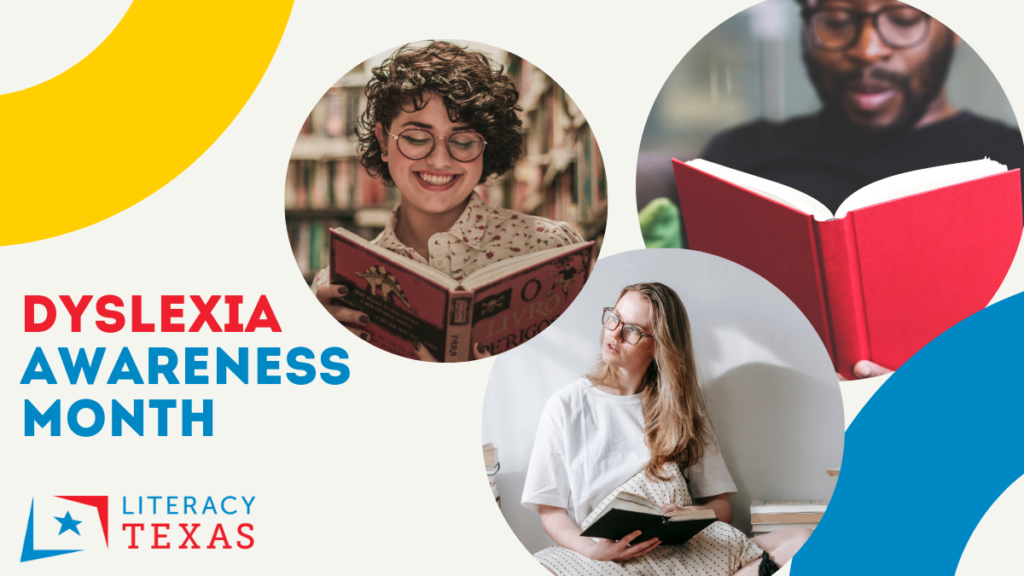October is Dyslexia Awareness Month
Dyslexia is a learning difference, one that specifically affects language processing.
Dyslexia is many things, and among them, it’s an intriguing balance of abilities.


Some basic facts about dyslexia
Dyslexia is a specific learning difference that affects reading and spelling ability, along with literacy skills development. It’s a different way of dealing with language in the brain. The most common form of dyslexia interrupts a student’s ability to split words into their component sounds, which makes sounding out words and spelling extremely challenging.
People are born with dyslexia, and it runs in families. It’s estimated that between 15 and 20% of Americans have some form of dyslexia, but the majority of people who have it don’t know that they do.
There’s more to dyslexia than getting words mixed up or out of order – and some people with dyslexia never even display this symptom. Since dyslexia affects how the brain processes language, someone might:
- Memorize words but be unable to sound them out
- Substitute words in sentences for other words that make sense
- Have difficulty with handwriting
- Show confusion with directions (left and right, before and after, over and under – this is where the reversal of “b” and “d” might show up, a symptom of dyslexia many people know)
- Find recall difficult, especially for names and words

Some distinct advantages
While dyslexia – especially when undiagnosed – can definitely cause people a lot of frustration and problems, there are some distinct advantages to the condition. People with dyslexia often have:
- Heightened levels of creativity
- Higher levels of intelligence
- Greater artistic and mechanical abilities
- Outside-the-box thinking
- Ability to see the big picture and connect ideas

Preparing for success
Perhaps most importantly – dyslexia needs specific interventions. The earlier a person is diagnosed with dyslexia and given personal help, the better, but it’s never too late.
Effective instruction for people with dyslexia is:
- Personal to their specific needs, including in pace
- Delivered one-on-one or in very small groups
- Repetitive, to allow lots of practice and error correction
- Positive and encouraging

Sources and further reading
Get Texas literacy updates
Make sure you’re on our mailing list so you don’t miss any news:
- Conference updates
- Regional symposia
- Online training
- Advocacy
- …more!



